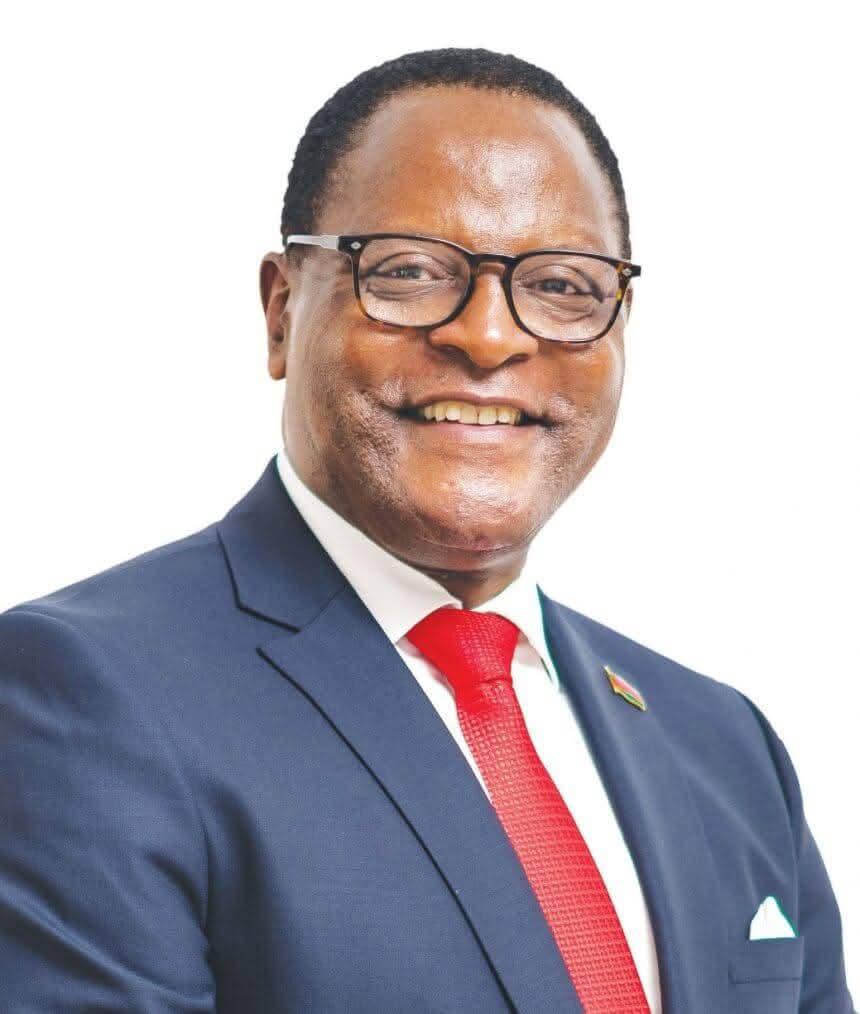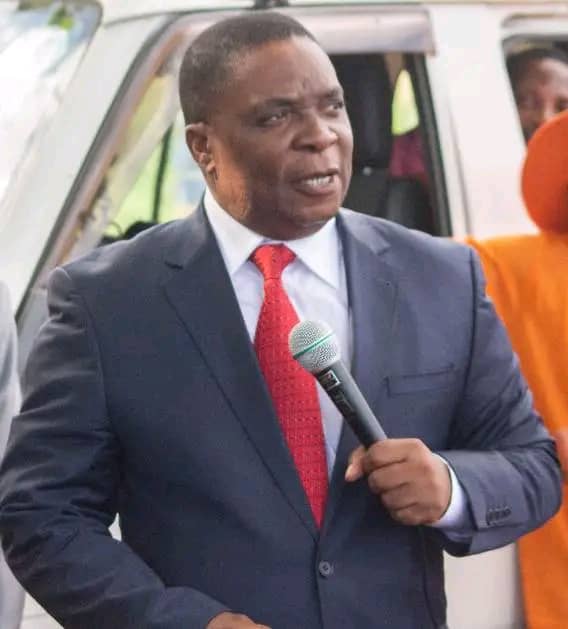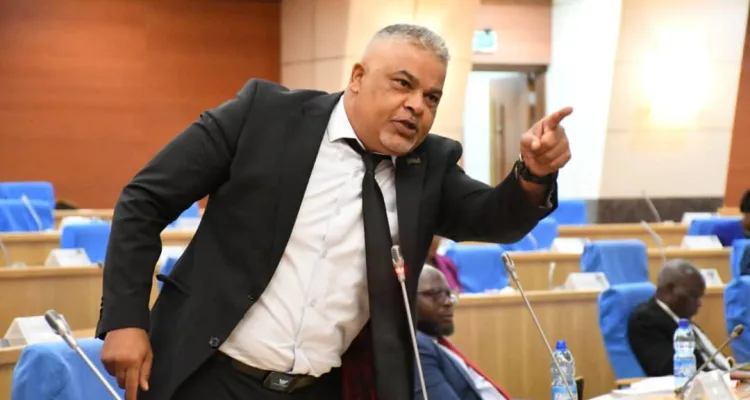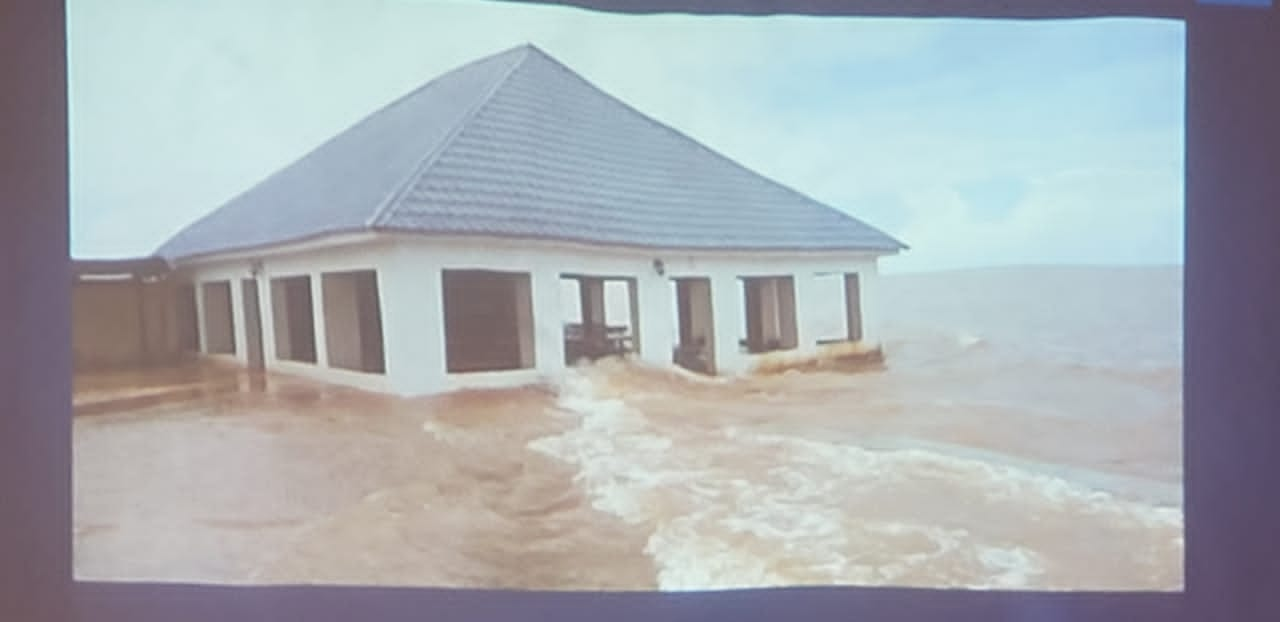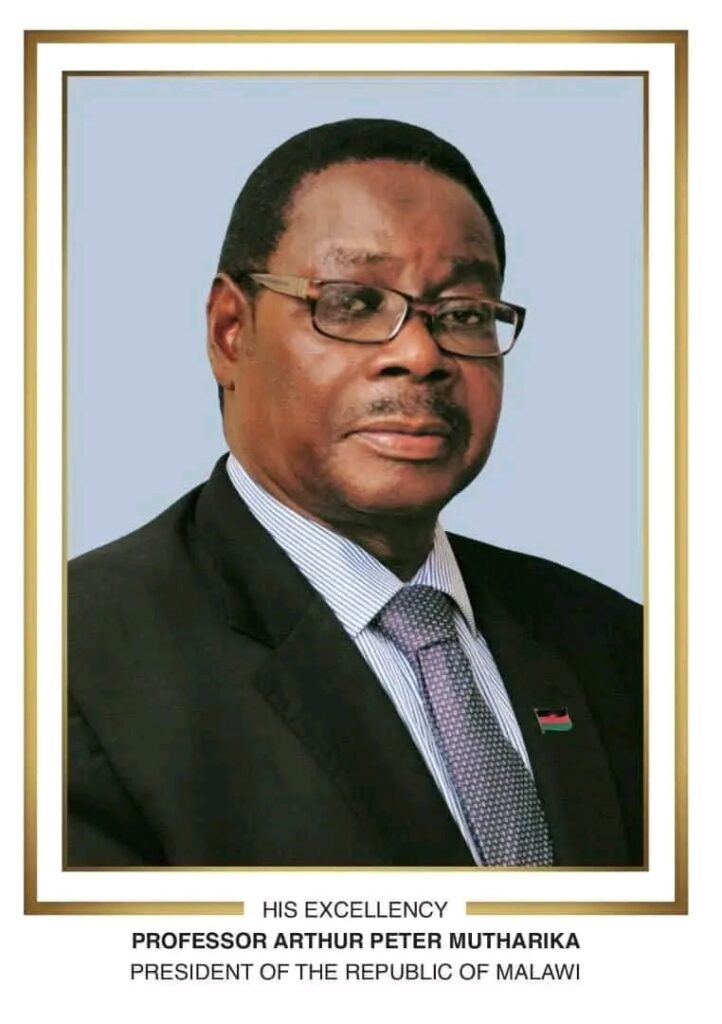
By Burnett Munthali
Malawians are facing rising fuel prices just days before Peter Mutharika is set to return to State House as the country’s next president.
The September 16, 2025, elections are over, but questions remain about who holds the reins of government during the short period between an electoral defeat and the formal handover of power.
Malawi’s Constitution provides clear guidance.
Section 83(3) stipulates: “The President shall hold office for five years, but shall continue in office until his or her successor has been sworn in.”
This ensures that even after losing an election, the sitting president retains full executive authority until the incoming president officially takes the oath.Malawians Criticize Chakwera’s Leadership, Renew Trust in Peter Mutharika
Following the recent polls, President Lazarus Chakwera remains the country’s legal head of state and chief executive until Mutharika is sworn in on Saturday, October 4, 2025.
This includes full oversight of policy, administrative decisions, and economic matters, such as the fuel price increases recently announced by the Malawi Energy Regulatory Authority (MERA).
Malawi’s own history confirms this principle in practice.
When Bakili Muluzi completed his second term in 2004, he continued exercising full presidential powers until Bingu wa Mutharika’s inauguration.
In 2012, following Bingu’s sudden death, Joyce Banda assumed the presidency immediately, but until she was formally sworn in, the late president was still legally recognized as head of state.
After losing to Peter Mutharika in 2014, Joyce Banda remained in office until the swearing-in ceremony, continuing administrative functions despite public criticism and claims of political maneuvering.
These instances demonstrate that Malawi consistently respects the principle that incumbents maintain authority until successors are formally installed, even during tense or controversial periods.
Malawi is not unique in this approach.
In the United States, outgoing presidents remain in office until January 20, exercising powers such as issuing executive orders, granting pardons, and managing foreign policy.
Yet, the “lame-duck” period can carry risks, as illustrated by Donald Trump in 2020, whose final actions included controversial pardons and attempts to contest election results, highlighting potential abuses during transitional periods.
Zambia and Kenya offer additional lessons.
When Edgar Lungu lost to Hakainde Hichilema in 2021, he retained full presidential authority until the official handover.
Kenya’s post-election period in 2007–2008 revealed how delays or manipulation of transitions can trigger unrest and violence.
These examples underline a universal democratic truth: legal authority stems from constitutional mandate, not just election outcomes.
While transitional authority ensures continuity, it also presents opportunities for misuse.
Outgoing leaders can implement last-minute policies or protect allies, leaving the incoming government with difficult choices and the public with lingering grievances.
Malawi’s recent fuel price increase illustrates this tension: legally executed by Chakwera’s administration, yet politically sensitive as it affects citizens before the new president assumes office.
To mitigate such risks, Malawi could implement reforms for transitional governance.
Parliament could legislate limits on major policy actions—covering fuel prices, large contracts, or international borrowing—between election results and swearing-in.
A monitoring committee including members of Parliament, the judiciary, and civil society could oversee decisions to ensure they are necessary and serve public interest.
Reducing the interval between election results and inauguration, following Zambia’s example, would also help minimize controversial moves.
Outgoing presidents should exercise restraint and uphold statesmanship, understanding that their final actions shape both legacy and national stability.
As Peter Mutharika prepares for his swearing-in on October 4, 2025, the recent fuel price hike highlights the delicate balance of transitional governance: constitutionally required yet politically charged.
Malawians should recognize the importance of continuity, acknowledge the risks of interim authority, and consider reforms to ensure future transitions strengthen democracy rather than complicate it.

